Scotching Snakes and Ignoring Guinea-Pigs
More gems from Samuel Butler on what defines writer success, indie vs trad publishing, protecting one's creative flow, and the only reason money is worth the effort of pursuit.
More jottings from a 15-day note-making challenge …
Some Victorian expressions to research:
“scotch the snake”: to neutralize a danger with implication that the next step will be to destroy it completely.
“In order to scotch that snake, (I will explain why) my failure has not been so great.”
“guinea-pig review”
“I have not … taken the pains necessary to achieve what might be called guinea-pig review success.”
This one was a little more interesting.
First, I did a wide-net cast using Google. The top-o’-page AI response immediately brought told me this must refer to scientific experiment findings. I knew this couldn’t be what Butler intended. My gut told me that scientific use of guinea-pigs and our current expression that someone is being used (implied unfairly) as an experimental case was probably a 20th century concept. Of course, history often surprises me when I learn that concepts/practices were known (sometimes even well known) long before the miracles of the 20th century that we were all taught to revere. Reading deeper in the AI findings, yes, the expression “to be a guinea pig” originated in the 1920s when the concept of scientific experiments on animals became more systematic.
So to the Internet Archive and Victorian slang dictionaries.
And sure enough, yes, in Butler’s case, he was referring (cynically, of course) to individuals paid a set fee (a British guinea, today around $45.00) for some kind of service, the implication being that the receiver just shows up and collects his fee. Butler was criticizing “success” as being decided by how many positive write-ups his books might have received from reviewers who just wrote to get paid by their employer publication, not because they truly liked or disliked his work.
Another lesson for my research: Apparently AI struggles to understand the 19th century existed and hasn’t learned about Victorian slang dictionaries/references yet. So I’ll stick to Ware and the Internet Archive’s other 19th century dictionaries as I wade through Butler’s work.
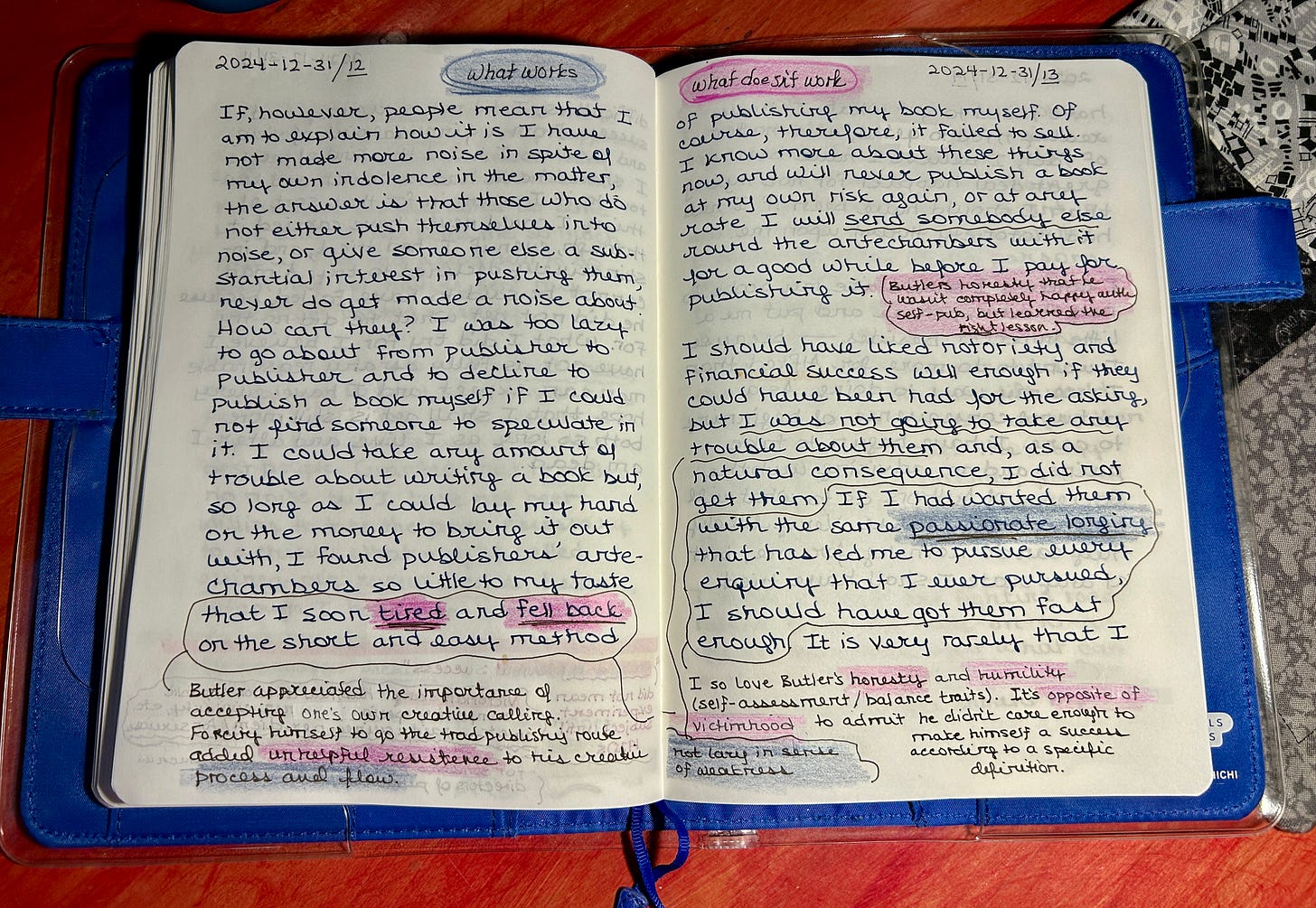
Butler honestly and humbly recognizes that his “failure to get on” was also due to his lack of interest in courting publishers. He calls it a “laziness” of not being willing to put time and energy into pursuing the traditional-publishing route, but admits that self-publishing was disappointing from a sales point of view.
I find this so interesting considering that most writers who are neck-deep in the self-pub vs. trad-pub debate probably assume that theirs is a 21st century problem. Although there are more possibilities and different stakes today, the underlying push and pull between the good and bad of both paths is centuries old.
Samuel Butler’s only regret in his “failure” as a writer:
“ … because I want to do more for Alfred than I see my way to doing."
One of Butler’s greatest strengths was his incredible generosity. He helped many people with the little money he had. (At the time he wrote the above, he was two years away from learning that one of his needy “friends” was actually a con man.) But in Alfred, Butler found someone who he wished he could leave a useful inheritance to and regretted that he had not pushed harder to promote himself and his books. This is such an interesting point: Wanting to provide for those in our care, especially our children, is also a reason for desiring professional and popular success in creative pursuits. Butler’s decision to remain a bachelor did not shield him from these feelings. When the link between financial success and satisfaction is a positive one, I’d be willing to put all my money on “I want the next generation to benefit from my work” being the primary connective tissue.




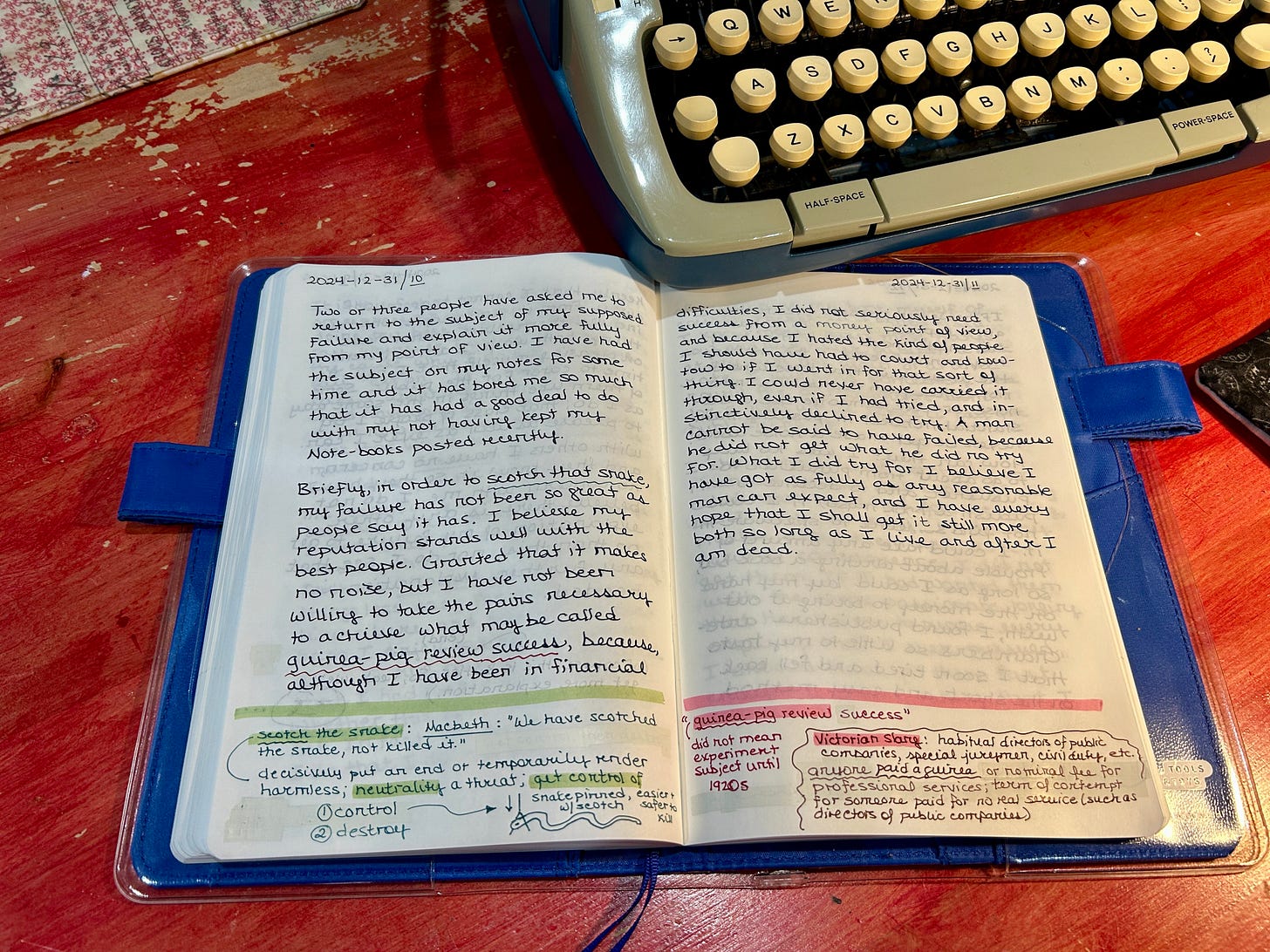
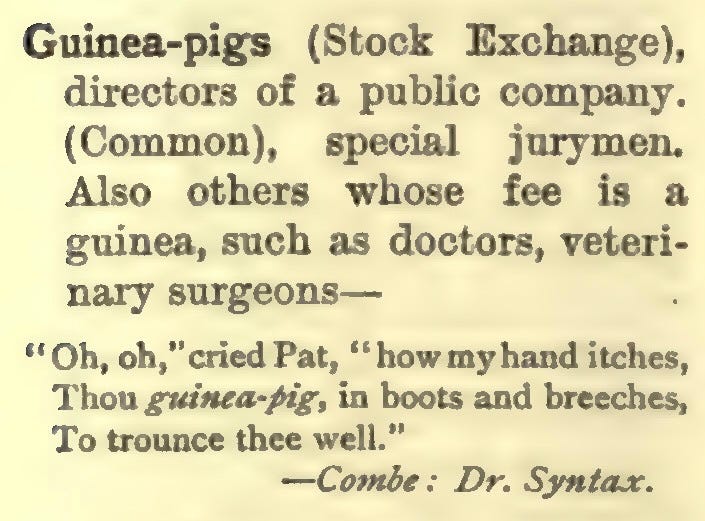
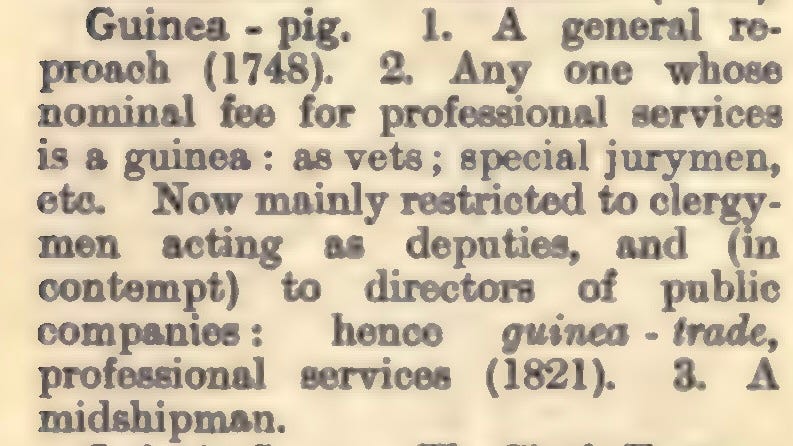
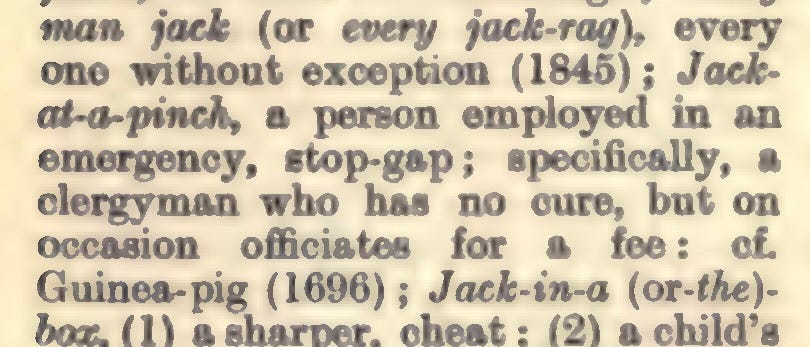
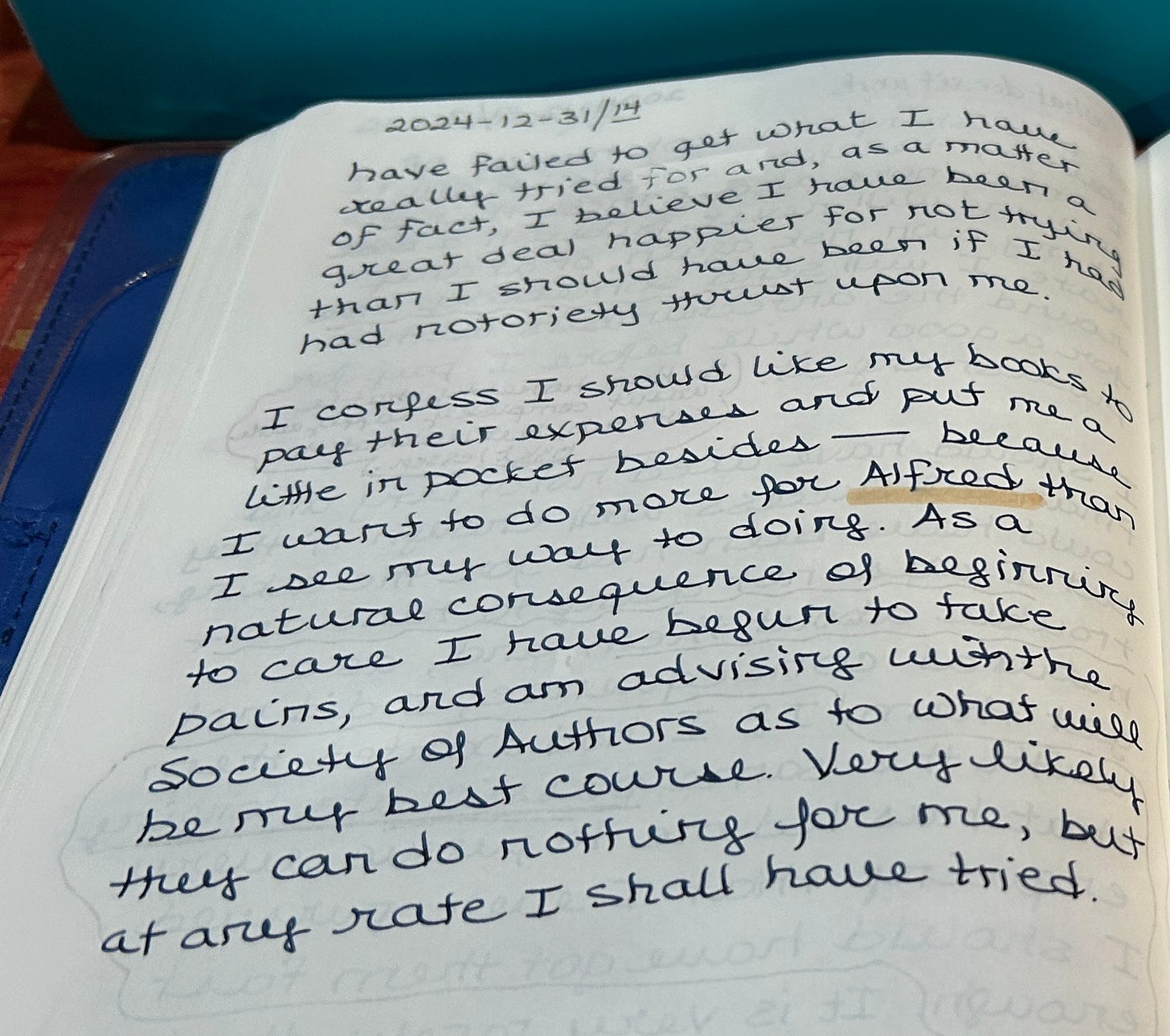
I look on self-publishing like I do at someone studying an instrument. They both need to perform for an audience. I'm sure that there are some writers who tell themselves that their only writing for themselves, but I know I'd love to have my writing reach my intended audience. It take a lot of grit and effort to get an agent who can help you push your book. Thank you for the helpful Samuel Butler article. I loved reading THE WAY OF ALL FLESH and EREWHON.
That was a good one. I only knew the reference to being an experimental animal. As for self-publishing, I think it remains to be determined. Becoming trade published is an arduous journey. My LiLLiPub dream is that we will become so well know for developing great writers that the trade publishers will haunt our offerings in search of their next great find of an author to promote. In our world the copyright always belongs to the author and we will delight in any of us who gets picked up by the "big guys".